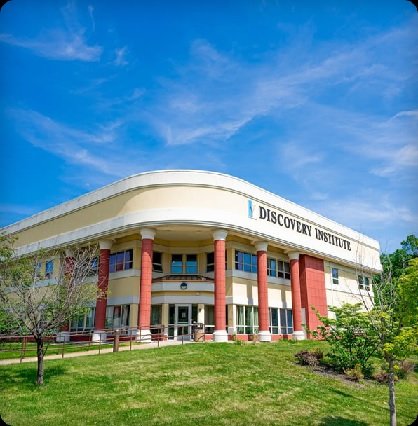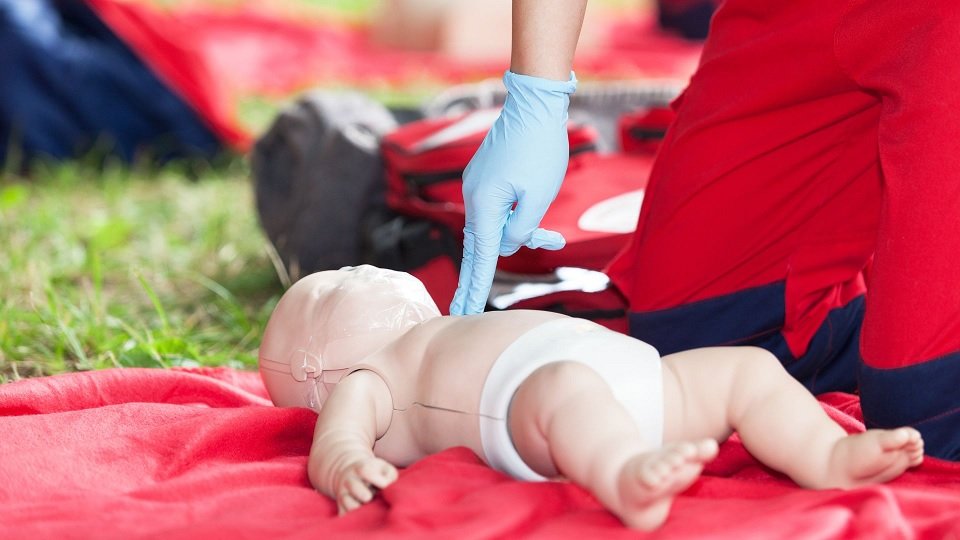Alcohol addiction is a complex and challenging issue that impacts not just the individual, but also their families, workplaces, and communities. For individuals seeking a path to recovery, finding the right rehabilitation center can make all the difference. A compassionate alcohol rehab center new jersey offers a beacon of hope, combining proven therapeutic methods with genuine care and understanding to help individuals achieve lasting sobriety.
This article dives deep into what makes a rehab center effective, the key components of compassionate care, and the success rates of these programs in New Jersey. If you or a loved one is battling alcohol addiction, understanding these aspects could pave the way to a healthier, happier life.
Why Compassion Matters in Alcohol Rehab
Compassion is at the heart of effective addiction treatment. It goes beyond offering medical care and therapy—it fosters a supportive and judgment-free environment where individuals feel valued and understood.
Addressing Stigma with Empathy
One of the biggest roadblocks to seeking treatment is the stigma surrounding addiction. Research shows that stigma can discourage individuals from seeking help, with many fearing judgment or being labeled as “weak.” A compassionate approach, often found at a luxury rehab center, prioritizes empathy, offering an environment in which patients feel safe to open up about their struggles.
Emotional Support as a Catalyst for Recovery
Recovery is more than just a medical process; it’s an emotional and psychological transformation. Compassionate care creates a foundation of trust and emotional security, which are critical for individuals as they work through underlying issues that often contribute to addiction.
Proven Methods of Treatment in New Jersey
Not all rehab programs are created equal. The best treatment centers blend evidence-based methods with individualized care to ensure success. Here are some of the key treatments you can expect from a leading alcohol rehab center in New Jersey:
1. Medical Detoxification
For individuals with severe alcohol dependencies, detoxification is often the first step. A medically supervised detox ensures safety while managing withdrawal symptoms. Compassionate rehab centers offer round-the-clock support to minimize discomfort and provide emotional reassurance during this challenging phase.
2. Cognitive Behavioral Therapy (CBT)
CBT is a well-researched and highly effective therapeutic approach for treating addiction. It helps individuals identify and change the thought patterns that lead to substance abuse. Through CBT sessions, participants learn healthier coping mechanisms and develop strategies to avoid relapse.
3. Dual Diagnosis Treatment
For many individuals, addiction coexists with other mental health conditions like anxiety, depression, or trauma. Known as dual diagnosis, this requires integrated treatment that addresses both the addiction and the accompanying mental health issues. Rehab centers in New Jersey have recognized the importance of dual diagnosis programs, offering tailored care to address the full spectrum of challenges.
4. Group Therapy and Peer Support
The power of community cannot be underestimated in addiction recovery. Group therapy sessions foster a sense of solidarity, allowing participants to share experiences and gain strength from others in similar situations. Compassionate rehab centers often pair these sessions with evidence-based peer support programs to build stronger recovery networks.
5. Holistic Approaches
Many rehab centers in New Jersey incorporate holistic therapies into their programs. These include mindfulness meditation, yoga, art therapy, and nutritional counseling. These approaches address the emotional, spiritual, and physical aspects of recovery, emphasizing overall well-being.
The Role of Family in the Recovery Journey
Alcohol addiction doesn’t just affect the individual; it can strain relationships and disrupt family dynamics. Compassionate rehab centers in New Jersey often offer family therapy as part of their treatment plans.
Rebuilding Trust and Communication
Family therapy sessions provide a safe space to mend fractured relationships. Through guided discussions, family members learn effective communication strategies and gain a better understanding of addiction as a disease.
Providing Ongoing Support
Families play a crucial role in preventing relapses. Rehab centers educate loved ones on how to offer support while maintaining healthy boundaries. This ensures that the individual’s recovery is met with encouragement and positivity at home.
Measuring Success in Alcohol Rehab Programs
When looking for a rehab center, it’s natural to wonder about success rates. However, defining success in addiction recovery is complex and involves more than just abstinence.
High Patient Retention Rates
A strong indicator of a program’s effectiveness is its ability to retain patients through the rehabilitation process. Compassionate centers often have higher retention rates, as they create an environment where individuals feel supported and engaged.
Long-Term Sobriety
Statistics show that comprehensive aftercare programs significantly increase the likelihood of maintaining sobriety. Effective rehab centers in New Jersey often offer continuing support, such as outpatient programs, recovery coaching, and alumni networks, to help individuals sustain their recovery.
Improved Quality of Life
Beyond abstinence, success also lies in the ability to rebuild a fulfilling life. Evidence shows that individuals who complete compassionate rehab programs experience improvements in mental health, relationships, and overall well-being.
How New Jersey is Leading the Way in Alcohol Rehab
New Jersey has become a hub for advanced and compassionate addiction treatment. The state is home to numerous rehab centers that prioritize high-quality care, community involvement, and accessibility.
Increased Accessibility
New Jersey has implemented programs aimed at reducing barriers to treatment. Many rehab centers work with insurance providers and offer sliding-scale payment options to ensure that help is accessible to everyone, regardless of financial status.
Tailored Care for Specific Populations
Recognizing that addiction affects people differently, New Jersey rehab centers often provide specialized care for specific demographics, such as young adults, women, and LGBTQ+ individuals. This tailored approach ensures that every patient feels seen and supported.
A Commitment to Innovation
From incorporating the latest research to using advanced technologies like telehealth services, New Jersey continues to lead the charge in innovative addiction treatment.
Finding the Right Rehab Center for You
Choosing the right rehab center is a deeply personal decision. It’s important to look for a program that aligns with your values and needs. Key considerations include:
- Availability of compassionate and licensed staff
- A mix of evidence-based therapies and holistic approaches
- Comprehensive aftercare plans
- Accessible and affordable treatment options
- Positive testimonials and success stories from former patients
Recovery is a lifelong process, and the right rehab center can set the foundation for lasting change.
Take the First Step Today
Alcohol addiction doesn’t have to define your life. With the right support system and a compassionate rehab program, recovery is not only possible but achievable. If you’re based in New Jersey and ready to take the first step, research rehab centers that resonate with you, and don’t hesitate to ask questions.
Empathy, evidence-based treatment, and community support converge at the heart of compassionate rehab centers. By choosing a center that values these principles, you’re not only investing in your recovery but in a brighter, healthier future.
Refresh Date: August 21, 2025



